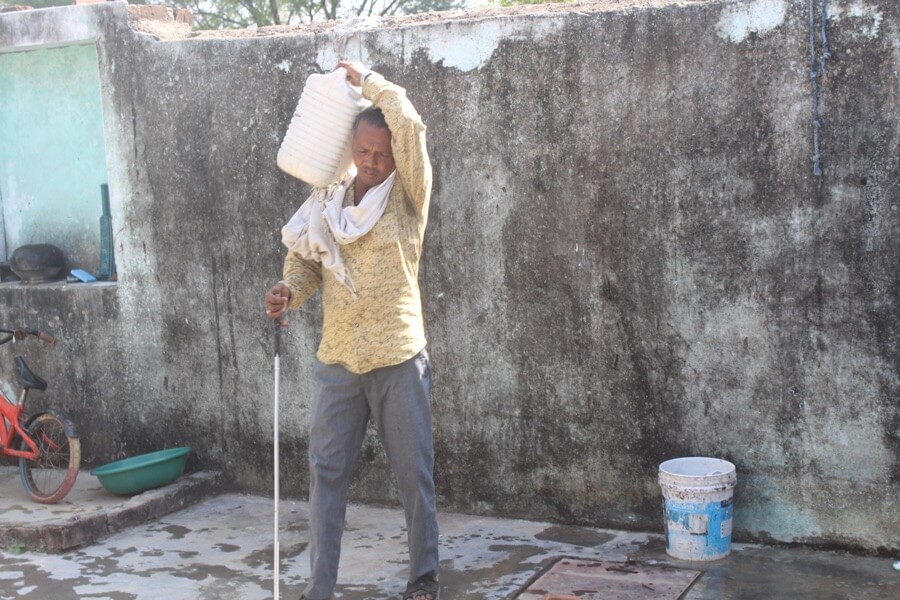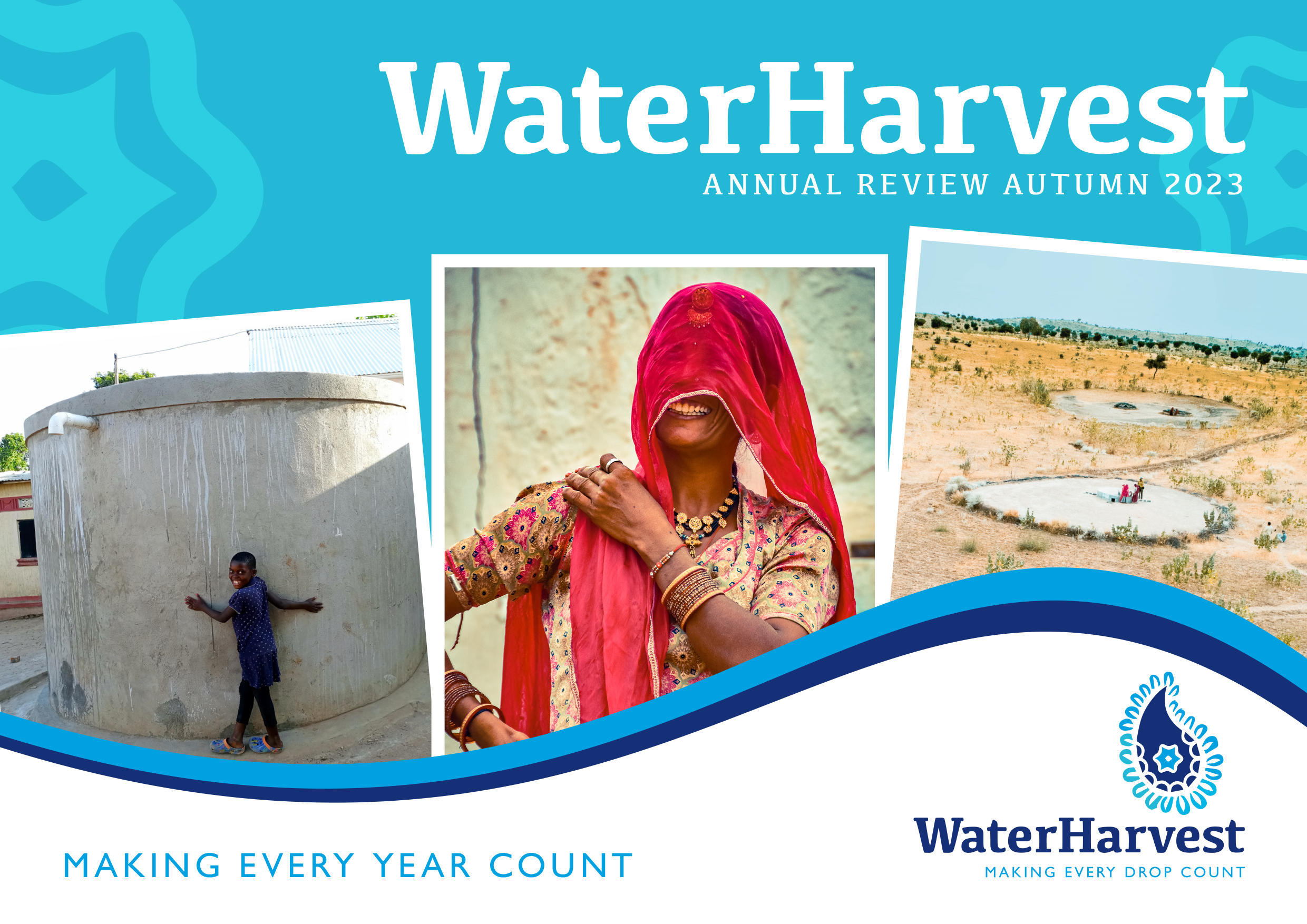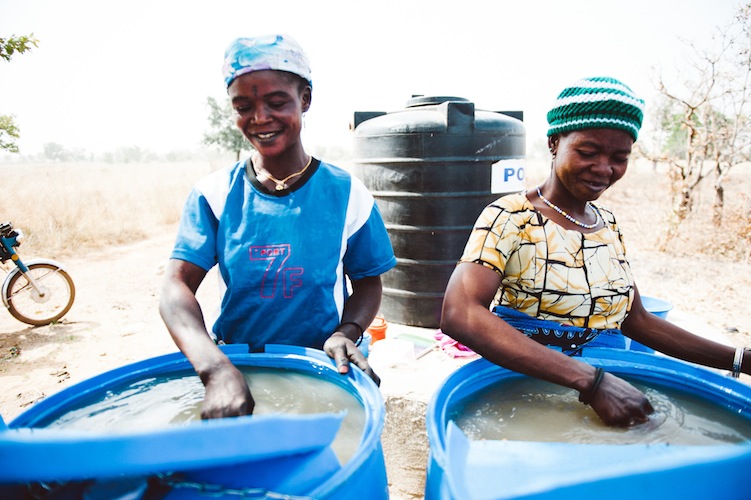In Rajasthan, there are over a million and a half people living with disabilities. People with disabilities are some of the most marginalised in society, especially in poor countries. Stigma, inaccessible water, sanitation and hygiene facilities and limited independence often result int hem having limited access to water and sanitation services. Persons with disabilities are more likely to experience adverse socioeconomic outcomes such as less education, poorer health outcomes, lower levels of employment and higher levels of poverty.
In recent days, I had visited some villages of Kurabad block of Udaipur district in Rajasthan. I met people with physical disabilities. After meeting those people, I feel that the condition of those people in the society is very pathetic. These are the most vulnerable people. Disability is one kind of challenge and social segregation is another one. Due to disability, their access to water is limited and it causes less consumption of water which leads to malnutrition. These people fall sick recurrently which is again an economic burden for their families. People with disabilities are also less likely to go to school.

One woman with loco motor disorder told us she feels helpless and her daily activities like bathing defecation, peeing are completely dependent on other members of the family. The situation gets even worse when she is menstruating. She said “I feel ashamed of my condition.”
One man with physical disabilities told us that he is unable to move from the bed. He has to defecate, pee and bath on the bed. There must be one person to support him to get this work done.

One man with a visual impairment said “I have to fetch water about 500 meters from my house. It is difficult for me to bring the water as I fall many times during fetching water.”
Such examples as these make us realise these people need more attention and care. To address the problem, we must work with disabled people who do not have access to drinking water and good sanitation. Being WASH (Water, Sanitation and Hygiene) practitioners, we have a vital role to play in addressing this.
‘Leave no one behind’ is the main commitment of the Sustainable Development Goals. In order to stand by it, WaterHarvest’s programme is helping disabled people so they, and their families, can live with dignity and pride. Our programme encourages disability inclusion in water and sanitation interventions. Solutions will include roof rainwater harvesting structures specifically designed for their disability, making toilets more accessible and improving their ability to access water. All solutions will be designed to help the individual based on their circumstances. A small improvement in access to clean water and sanitation can lead to a better life for a disabled person.
If you would like to donate to WaterHarvest’s programme for disabled people in Kurabad block, please click here.



